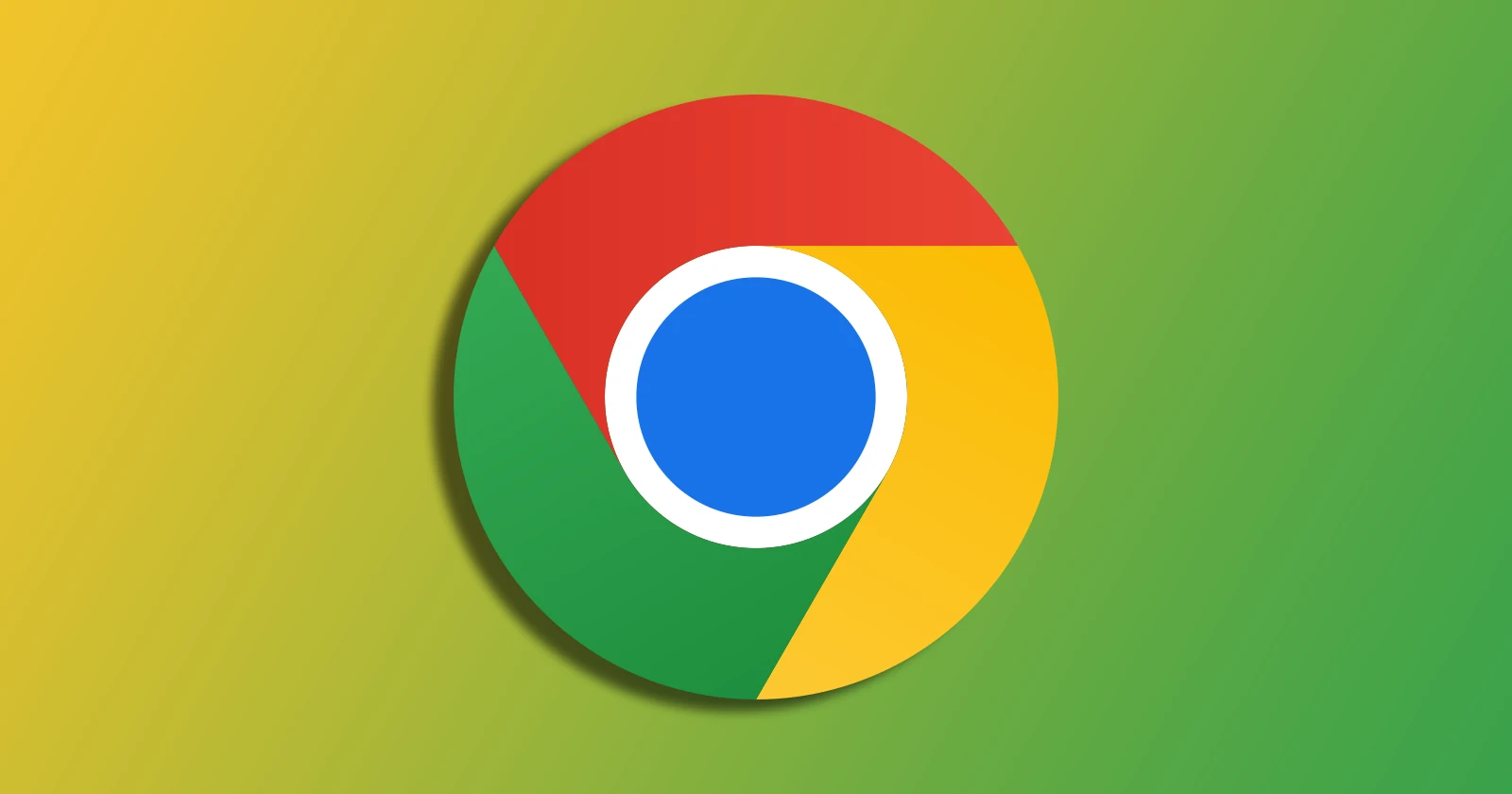Google is already testing the removal of the option to re-enable unsupported extensions, in Chrome Canary the toggle to re-enable them is now greyed out, you can only remove them or find alternatives:https://t.co/aVxHvgB01N pic.twitter.com/zitGWq1SR2
— Leopeva64 (@Leopeva64) October 3, 2024
It seems like the clock is ticking for some popular ad-blocking Chrome extensions, and things aren’t looking great. Google has started the countdown on Chrome Canary, its experimental playground, which has begun pulling the plug on ad blockers like the ever-popular uBlock Origin. If you’ve been enjoying an ad-free browsing experience, brace yourself, because the end of an era might be coming faster than we’d hoped.
Let’s talk about Manifest V2 versus V3 for a second. Extensions that give us control over how we surf the web — you know, like blocking those annoying ads — are built around Google’s Manifest standards. Manifest V3 isn’t exactly new, but it’s been slowly taking over while Manifest V2 has been clinging to life. Most ad blockers, including uBlock Origin, are built on the older V2, and here’s the kicker: Chrome is working towards fully deprecating V2, and Canary is the testing ground for this grim reality.
This shift isn’t completely out of the blue. Back in August, we saw Google roll out “unsupported” warnings for Manifest V2 extensions across the main version of Chrome, essentially marking the beginning of the end. Although V2 extensions continued to function for a while, it was a clear signal that V3 was becoming the new norm. Users and developers alike have voiced concerns about this transition, as V3’s restrictions mean ad blockers lose some of their bite, reducing the control they offer over web content. If you thought that was bad, Canary’s latest updates have confirmed what many feared: this isn’t just a warning anymore — it’s happening.
For a while, there was a sneaky little flag that you could toggle to keep V2 extensions alive in Canary. But alas, that flag has now been yanked, leaving ad blockers powerless in this version. You might still be safe using the public release of Chrome for now, but the writing is on the wall. Google’s ongoing tweaks in Canary suggest that V2 extensions are on the verge of extinction, and once that happens, no amount of browser tweaking will bring them back.
Ad blockers have long been a browser necessity for many, keeping the most intrusive ads at bay and making the internet a more pleasant place to hang out. But with V3, things are set to change dramatically, and not for the better if you’re an ad-blocking fan. The new framework limits the power of extensions like uBlock Origin, making it much harder to block a wide range of ads efficiently.
So, what can you do? Well, it might be time to start looking at alternatives. One option is to make the jump to Firefox, the open-source browser that, for now, continues to support more robust ad-blocking features. It’s got that nostalgic, customizable feel Chrome used to have, and it’s still a reliable way to surf the web without interruptions.
For those of us who’ve relied on Chrome and its ecosystem of extensions to enhance our browsing experience, this shift feels like the beginning of the end. Whether you’re a power user or just someone who hates pop-ups, it’s clear that Chrome is pushing us toward a future where the control over what we see online is slipping through our fingers.
TechIssuesToday primarily focuses on publishing 'breaking' or 'exclusive' tech news. This means, we are usually the first news website on the whole Internet to highlight the topics we cover daily. So far, our stories have been picked up by many mainstream technology publications like The Verge, Macrumors, Forbes, etc. To know more, head here.


